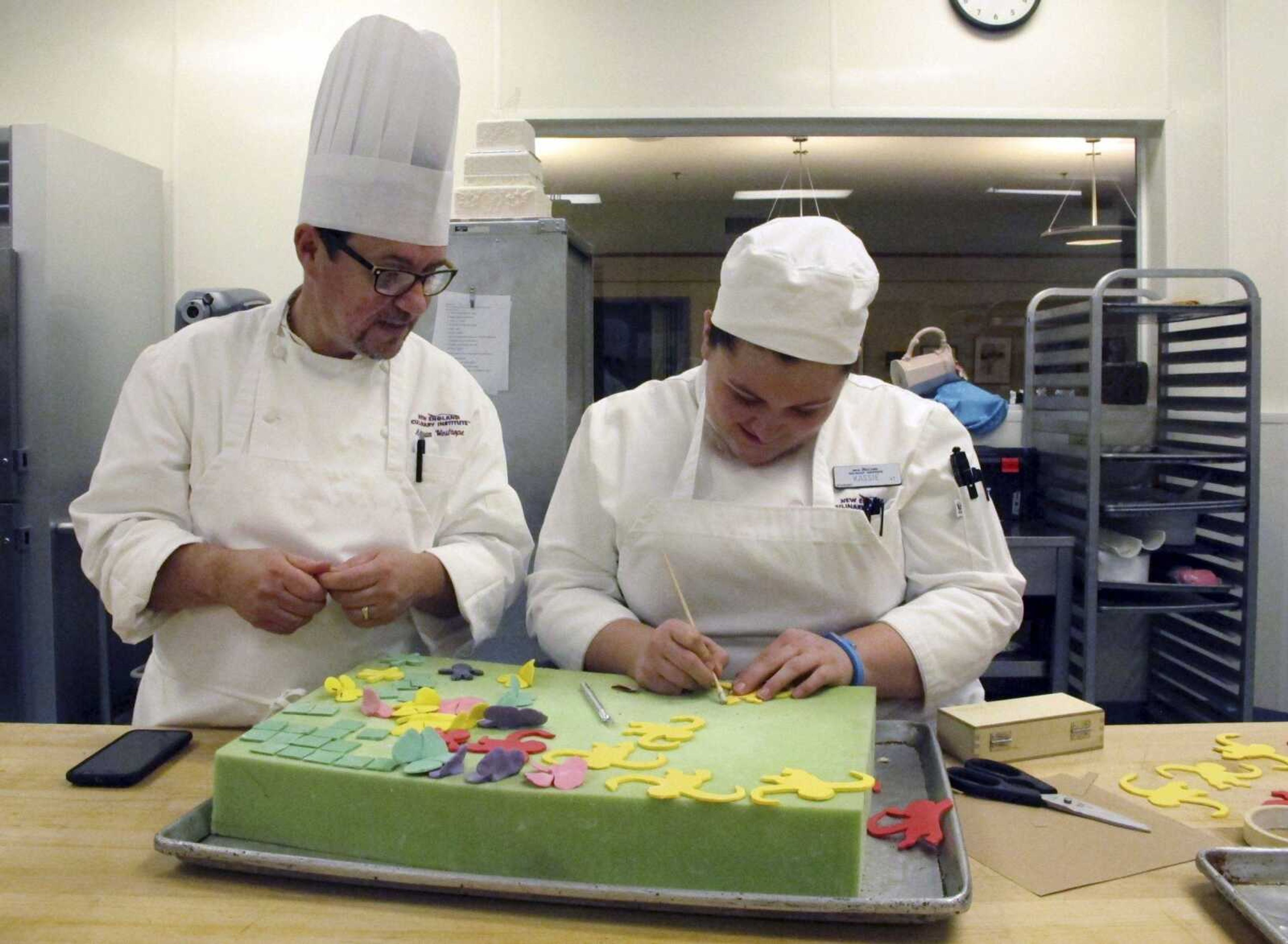MONTPELIER, Vt. -- With enrollment in culinary institutes in decline and programs across the country closing their doors, schools such as the New England Culinary Institute in Montpelier, Vermont, which graduated celebrity chef Alton Brown, and the Culinary Institute of Charleston, South Carolina, are committed to staying relevant and in demand.
"We're constantly looking for new ways and opportunities to grow our school," said Michael Carmel, head of culinary arts in Charleston. "It's not necessarily a numbers game, but a quality game. We need to stay current with trends and have to be able to offer our students opportunities."
The reasons for the challenges facing the industry are varied, Carmel and others said.
Tuitions can be relatively expensive, while federal financial aid for these "career colleges" has tightened since 2014.
Graduates with a high debt load often move into low-paying restaurant jobs.
In addition, there is an abundance of restaurant positions that provide on-the-job training for those looking to get into the business without accruing debt.
Carmel said younger students aren't necessarily seeking the high-stress factor and long hours of restaurant work, instead placing a high value on a regular schedule, benefits and quality-of-life issues such as time with family.
Despite the challenges, schools such as the New England Culinary Institute, where enrollment has fallen from about 800 in 1999 to about 300 today, are consolidating, cutting expenses and adjusting curriculum to attract students.
The school is also expanding instruction about the business side of the industry.
"Even our founding chef has always said a chef is a businessman," said Philip Stevens, spokesman for the Institute.
New England's school, which co-founder and former president Fran Voigt recently announced was facing imminent sale but remains optimistic of remaining in Vermont, two years ago partnered with the United States Coast Guard and Sandals Resorts to teach new cooking techniques, another way to expand its reach.
Carmel's program also is taking steps to attract more students.
The Culinary Institute of Charleston, which has seen enrollment fall by 25 percent over the past three years, has begun reaching into high schools to offer college-credit programs and partnering with local restaurants and the Metro Chamber of Commerce to assist with student tuition.
He hopes those steps will halt the enrollment decline, adding: "We believe it will level out within the next few years."
Connect with the Southeast Missourian Newsroom:
For corrections to this story or other insights for the editor, click here. To submit a letter to the editor, click here. To learn about the Southeast Missourian’s AI Policy, click here.







